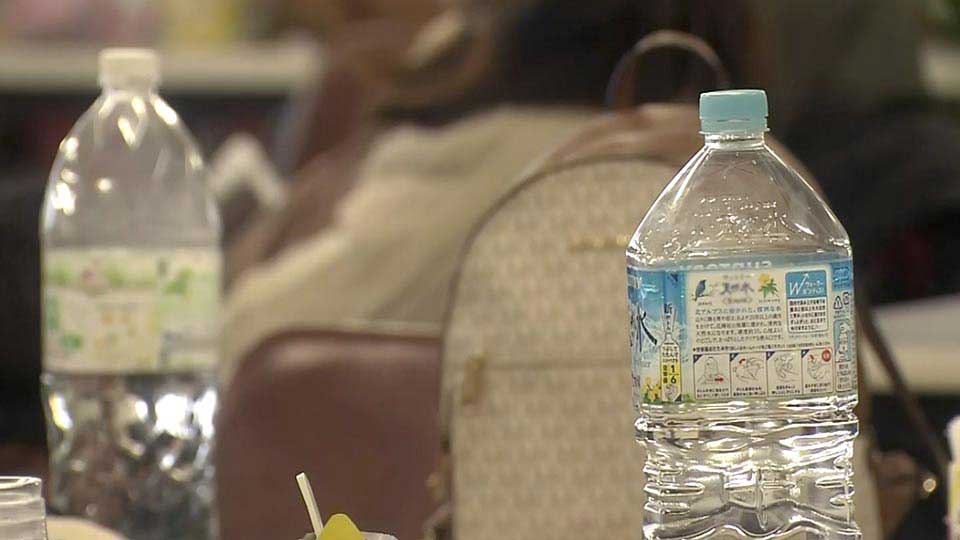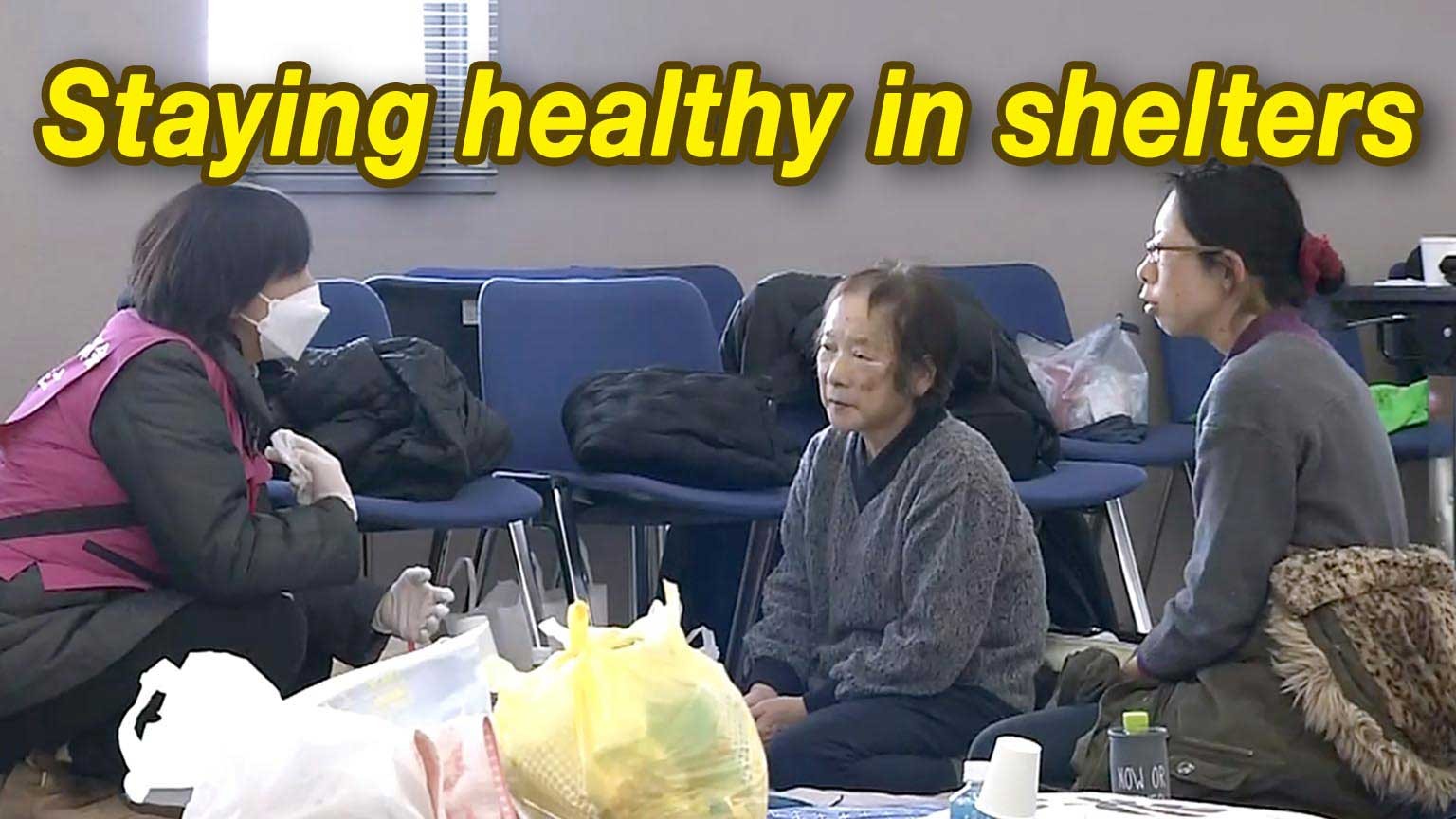Wajima City officials say the deaths of 81 residents have been confirmed as of 2 p.m. on Tuesday in the wake of the massive earthquake that hit the city on New Year's Day.
The officials say the deceased include an evacuee who passed away at a shelter last Wednesday from causes not directly related to the quake or subsequent tsunami. The person's age and other personal details are unknown.
Disaster-related deaths
Disaster-related causes have claimed many lives after past earthquakes.
The Cabinet Office defines "disaster-related deaths" as those caused by reasons such as worsening health in the wake of disasters rather than directly caused by the events themselves.
Following the magnitude-9.0 earthquake that struck northeastern Japan in 2011, 3,794 people reportedly died from disaster-related causes.
After the powerful 2016 earthquake in Kumamoto Prefecture, 221 disaster-related deaths took place, accounting for 80 percent of the fatalities linked to that temblor.
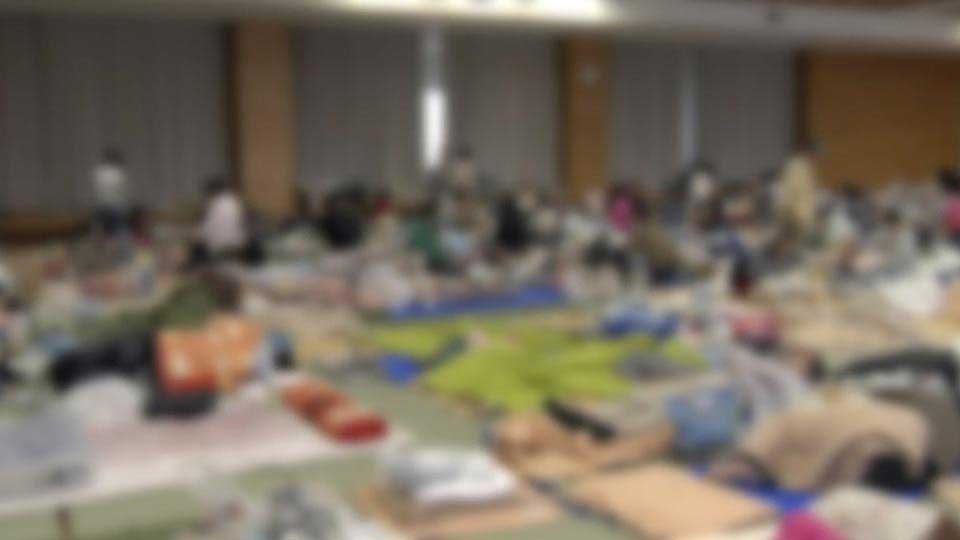
Tsuboi Motohiro ― a physician who conducted a survey of deaths related to the 2011 disaster ― says it's important to immediately take preventative measures in areas impacted by the Noto Peninsula earthquake.
Miyagi Prefecture's Ishinomaki City was devastated by the tsunami in 2011. The number of disaster-related deaths in the municipality totaled 276.
Tsuboi says 80 percent of those deaths occurred within three months of the earthquake and 30 percent were caused by respiratory illnesses ― mostly pneumonia.
"When evacuees are forced to sleep directly on the cold floor of a gymnasium, they may inhale dust. Once they become sick and bedridden, their health can deteriorate rapidly. This increases the risk of developing pneumonia," he says.
Tsuboi says all evacuation facilities should take the following three measures: Make sure toilets are clean, serve hot meals to help prevent hyperthermia and improve immune response, and provide cardboard beds to ensure better rest.
Tsuboi also notes that physical activity is critical to maintaining good health. "Evacuees should move their arms and legs as much as they can rather than just lying down," he explains.
He says, "These measures can help reduce the number of people who die of preventable causes while staying in shelters."
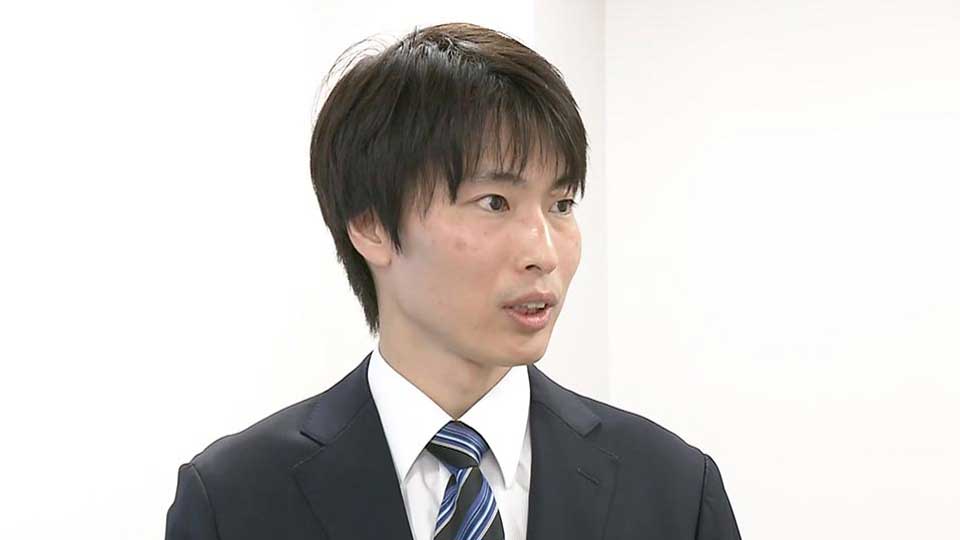
Dentists visiting shelters
Dentists on Monday visited a shelter in the city of Nanao, Ishikawa Prefecture, to ensure evacuees maintain good oral hygiene.
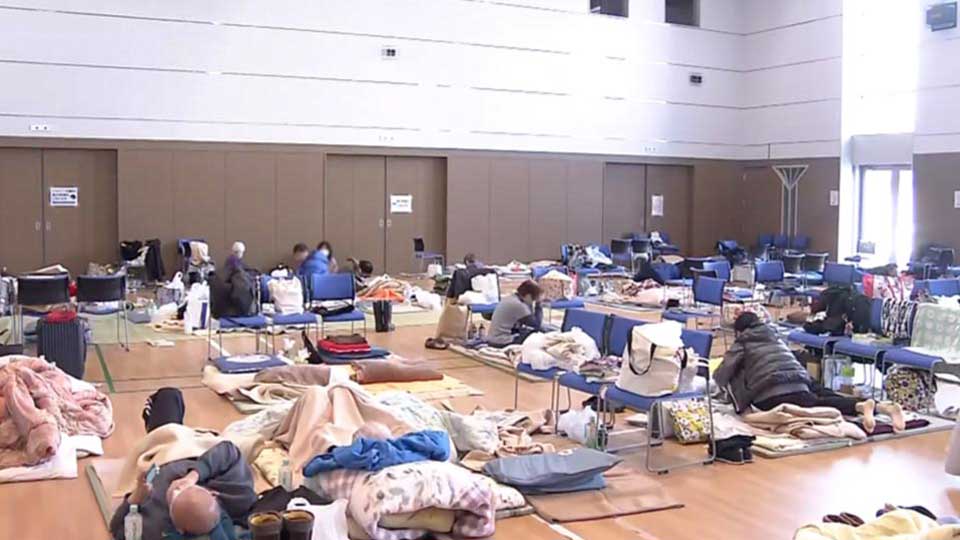
The Ishikawa Prefectural Association of dentists says many cases of aspiration pneumonia were reported ― mainly among elderly evacuees ― after previous powerful earthquakes in Kumamoto and other places.
"Poor oral hygiene creates a high risk of developing aspiration pneumonia and other illnesses. We advise evacuees to reduce that risk by cleaning their mouths," dentist Iiri Kunihiro says.
At the shelter, dentists showed evacuees how to use wet tissues to clean their mouths when no water is available.
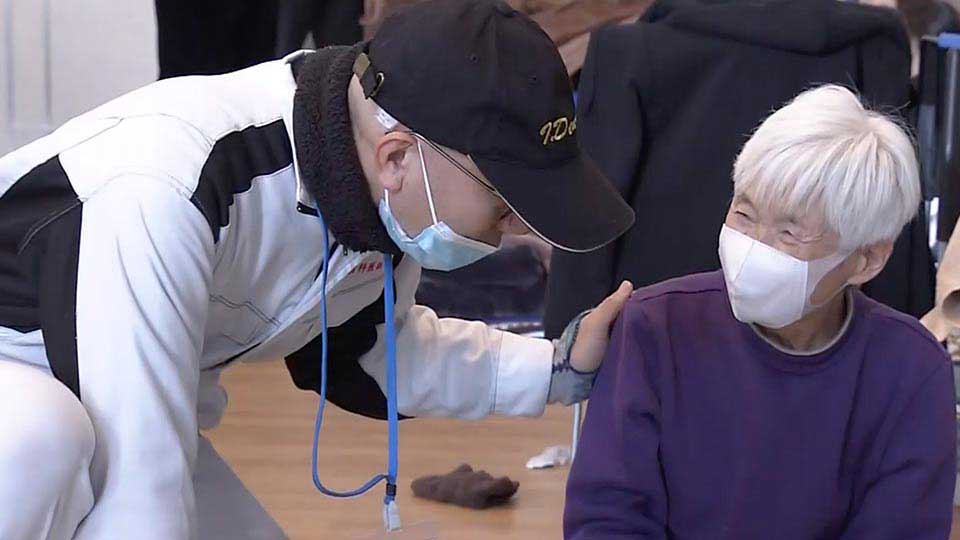
Oral hygiene at shelters
Yamaguchi Reiko, a nurse at the Tokyo branch of the Japanese Red Cross Society, gives tips on oral care in environments where water is in short supply.
If sufficient water is available:
Prepare two cups of water. Wet the toothbrush with water from one cup and brush your teeth. If you use toothpaste, a small amount works best. Once done, clean your toothbrush by wiping it with tissue and then rinsing it in the same cup of water. Use the second cup of water to rinse your mouth.
If little water is available:
Teeth can be wiped with non-alcohol wet tissues, or damp cloth or tissues.
If water is unavailable:
Saliva, which is antibacterial, can be used if water or wet tissues are unavailable.
